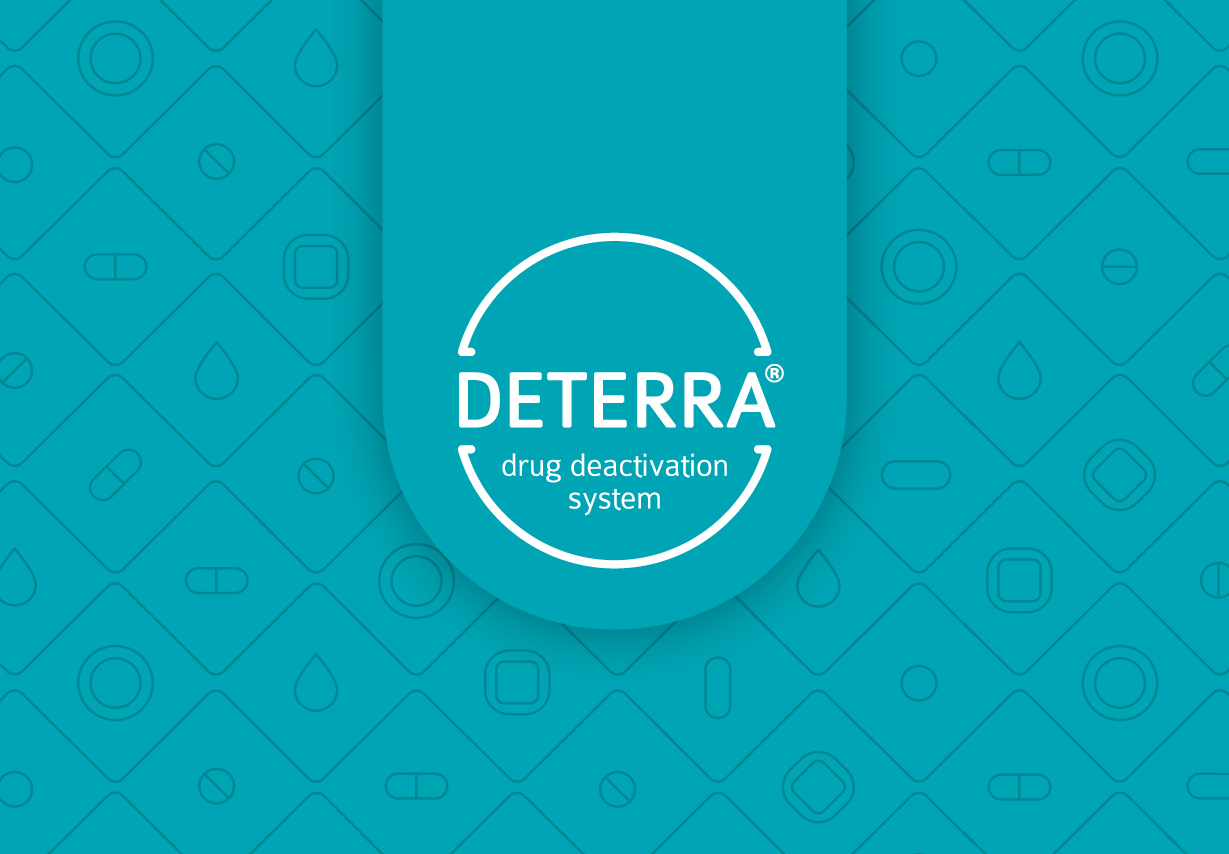
Multi-Purpose Container How To
This video provides a quick overview of how to use the Deterra® Multi-Purpose Container, demonstrating the simple steps for safely

This video provides a quick overview of how to use the Deterra® Multi-Purpose Container, demonstrating the simple steps for safely

This video provides a quick overview of how to use the Deterra® Liquids-Only Container, demonstrating the simple steps for safely